Our Labs
Get to know our research labs and faculty! Click on the title to find out more about them!
Little Learners Lab
![Screen Shot 2019-03-13 at 1.50.33 PM[1]](https://cdn.vanderbilt.edu/t2-my/my-prd/wp-content/uploads/sites/3082/2019/03/Screen-Shot-2019-03-13-at-1.50.33-PM1-300x129.png) The Little Learners Lab is dedicated to advancing knowledge of how young children think and learn. In particular, our work aims to explain why the development of young children varies so widely across the areas of language, cognition and motivation. We are also very interested in the consequences of those differences for early literacy and school readiness more broadly speaking. The ultimate goal of our research is to develop new approaches to early education and intervention that will optimize outcomes for all children, thereby helping to close persistent achievement gaps among our nations’ children. We are currently working on two projects related to these goals.
The Little Learners Lab is dedicated to advancing knowledge of how young children think and learn. In particular, our work aims to explain why the development of young children varies so widely across the areas of language, cognition and motivation. We are also very interested in the consequences of those differences for early literacy and school readiness more broadly speaking. The ultimate goal of our research is to develop new approaches to early education and intervention that will optimize outcomes for all children, thereby helping to close persistent achievement gaps among our nations’ children. We are currently working on two projects related to these goals.
Hands on Play Lab
HOP is run by Dr. Amy Needham and studies how infants learn about their world, specifically through play! The lab’s current studies are focused on object exploration, and how infants interact with their environments.Dr. Needham and her team typically conduct studies with different populations, such as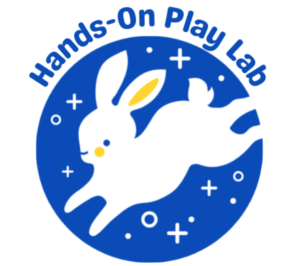 children with Down syndrome, and strive to create a community of belonging for all participants and lab members. They believe that deeper understandings of typical and atypical development can enrich each other, and that both of these are worthy of their time and attention. Their ultimate goals are to create and promote optimal learning opportunities for all children that will lead to improved quality of life.
children with Down syndrome, and strive to create a community of belonging for all participants and lab members. They believe that deeper understandings of typical and atypical development can enrich each other, and that both of these are worthy of their time and attention. Their ultimate goals are to create and promote optimal learning opportunities for all children that will lead to improved quality of life.
Brain Development Lab
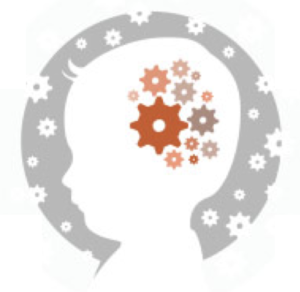 The Brain Development Lab focuses on academically relevant areas such as reading, math and scientific thinking. Our models of typical brain function are informed by our work in atypical populations such as dysphasia (language impairment), attention deficit hyperactivity disorder (ADHD), and deaf and hard-of-hearing. A major focus of our work has also been on learning disabilities, including dyslexia (reading disability) and dyscalculia (math disability).
The Brain Development Lab focuses on academically relevant areas such as reading, math and scientific thinking. Our models of typical brain function are informed by our work in atypical populations such as dysphasia (language impairment), attention deficit hyperactivity disorder (ADHD), and deaf and hard-of-hearing. A major focus of our work has also been on learning disabilities, including dyslexia (reading disability) and dyscalculia (math disability).
Language Development Lab
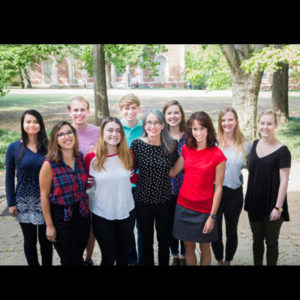 The Language Development Lab is interested in discovering how infants and young children learn language. We are curious about children’s ability to understand words and infants’ ability to make sense of conversation. We are also interested in how children actively shape their own language learning experience.
The Language Development Lab is interested in discovering how infants and young children learn language. We are curious about children’s ability to understand words and infants’ ability to make sense of conversation. We are also interested in how children actively shape their own language learning experience.
Building Knowledge Lab
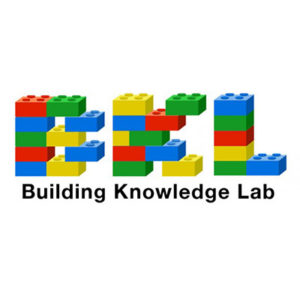 The Building Knowledge lab is interested in how children and adults learn new information. Our research answers questions such as: “How do people learn both simple facts such as ‘The Pacific is the largest ocean on earth’ and more complex knowledge such as mathematical procedures?”, “What can teachers and students do to improve learning within and outside the classroom?”, and “How do students learn incorrect information and how can those errors be corrected?”.
The Building Knowledge lab is interested in how children and adults learn new information. Our research answers questions such as: “How do people learn both simple facts such as ‘The Pacific is the largest ocean on earth’ and more complex knowledge such as mathematical procedures?”, “What can teachers and students do to improve learning within and outside the classroom?”, and “How do students learn incorrect information and how can those errors be corrected?”.
Social Cognition Lab
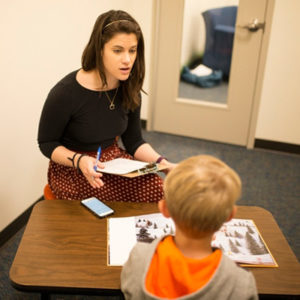 The Social Cognition Lab is focused on two broad topics. One topic is children’s understanding of people – including their understanding of social groups and their reasoning about people’s thoughts and beliefs. The second topic is children’s belief in people’s claims about the counterintuitive and counter-perceptual.
The Social Cognition Lab is focused on two broad topics. One topic is children’s understanding of people – including their understanding of social groups and their reasoning about people’s thoughts and beliefs. The second topic is children’s belief in people’s claims about the counterintuitive and counter-perceptual.
Stress and Early Adversity Lab
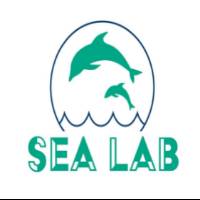 The Stress and Early Adversity Lab examines how children vary in their early experiences, how those experiences affect later development, and aims to identify targets for fostering positive development. A major focus is to characterize variation in children’s early environments to understand how this may impact brain development, and ultimately, child mental health, behavior, and development. Our goal is to provide high-quality research that informs prevention and intervention efforts to support families and foster positive child outcomes.
The Stress and Early Adversity Lab examines how children vary in their early experiences, how those experiences affect later development, and aims to identify targets for fostering positive development. A major focus is to characterize variation in children’s early environments to understand how this may impact brain development, and ultimately, child mental health, behavior, and development. Our goal is to provide high-quality research that informs prevention and intervention efforts to support families and foster positive child outcomes.
Children’s Learning Lab
In the Children’s Learning Lab, we study how children learn and how to improve their learning. Our research focuses on learning key concepts and problem-solving procedures in mathematics, with an emphasis on experiences that promote learning. For example, what roles do comparison or generating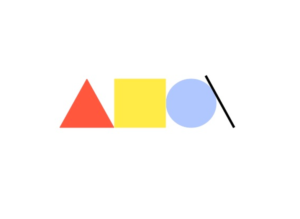 explanations have in promoting learning of concepts and procedures? We conduct this research in both laboratory and classroom contexts to better understand learning processes.
explanations have in promoting learning of concepts and procedures? We conduct this research in both laboratory and classroom contexts to better understand learning processes.
Computational Cognitive Lab
The CCDL is a developmental psychology lab in the Vanderbilt Child Studies Group led by Dr. Deon Benton. The CCDL studies cognitive development in infants and young children, ranging from as young 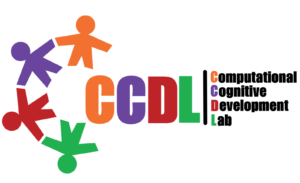 as 3 months to as old as 5 years of age. The research in the CCDL focuses on two broad questions. First, how do infants and young children learn about cause-and-effect relations in the world? Second, how do infants evaluate others based on their social and moral actions? To answer these two questions, the CCDL relies on experiments and computational modeling!
as 3 months to as old as 5 years of age. The research in the CCDL focuses on two broad questions. First, how do infants and young children learn about cause-and-effect relations in the world? Second, how do infants evaluate others based on their social and moral actions? To answer these two questions, the CCDL relies on experiments and computational modeling!
Exploration and Learning Lab
The Exploration and Learning Lab studies how new motor skills shape infant exploration and learning. We use state-of-the-art recording technologies to observe infants’ actions during play, and to examine how opportunities to interact with people, places, and things change over development.